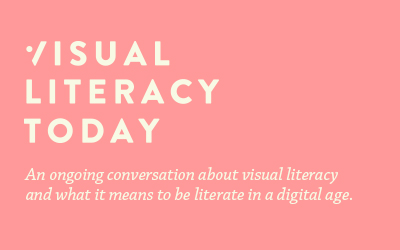Inquiry-based Archival Instruction: An Exploratory Study of Affective Impact by Chris Marino
Archival instruction pedagogy is shifting from traditional lecture-based show-and-tell approaches to more active hands-on strategies that fall within the realm of active or inquiry-based instruction. Archivists are beginning to assess their instruction sessions using reaction assessments, learning assessments, performance assessments, and blended approaches; gathering data to illustrate the efficacy of the instruction pedagogy employed and thereby shedding light on how archives contribute in meaningful ways to student learning. These studies tend to focus on the cognitive rather than the affective impact of instruction, frequently use methods that depend on written course assignments for their analysis (e.g., citation analysis), and are never comparative. Employing a classic experimental design as well as transformational teaching theory and the ARCS (Attention, Relevance, Confidence, and Satisfaction) Model as a foundation, this study seeks to fill this gap in the archival literature. By assessing the affective impact of two different instruction techniques (show-and-tell vs. inquiry-based) and applying a non-discipline-specific approach, this research suggests that undergraduate students at the Environmental Design Archives who participated in inquiry-based instruction felt significantly more confident handling archival materials; excited by the materials; comfortable contributing to the discussion; and appreciative of the archival materials they encountered when compared to their peers in the control group.
